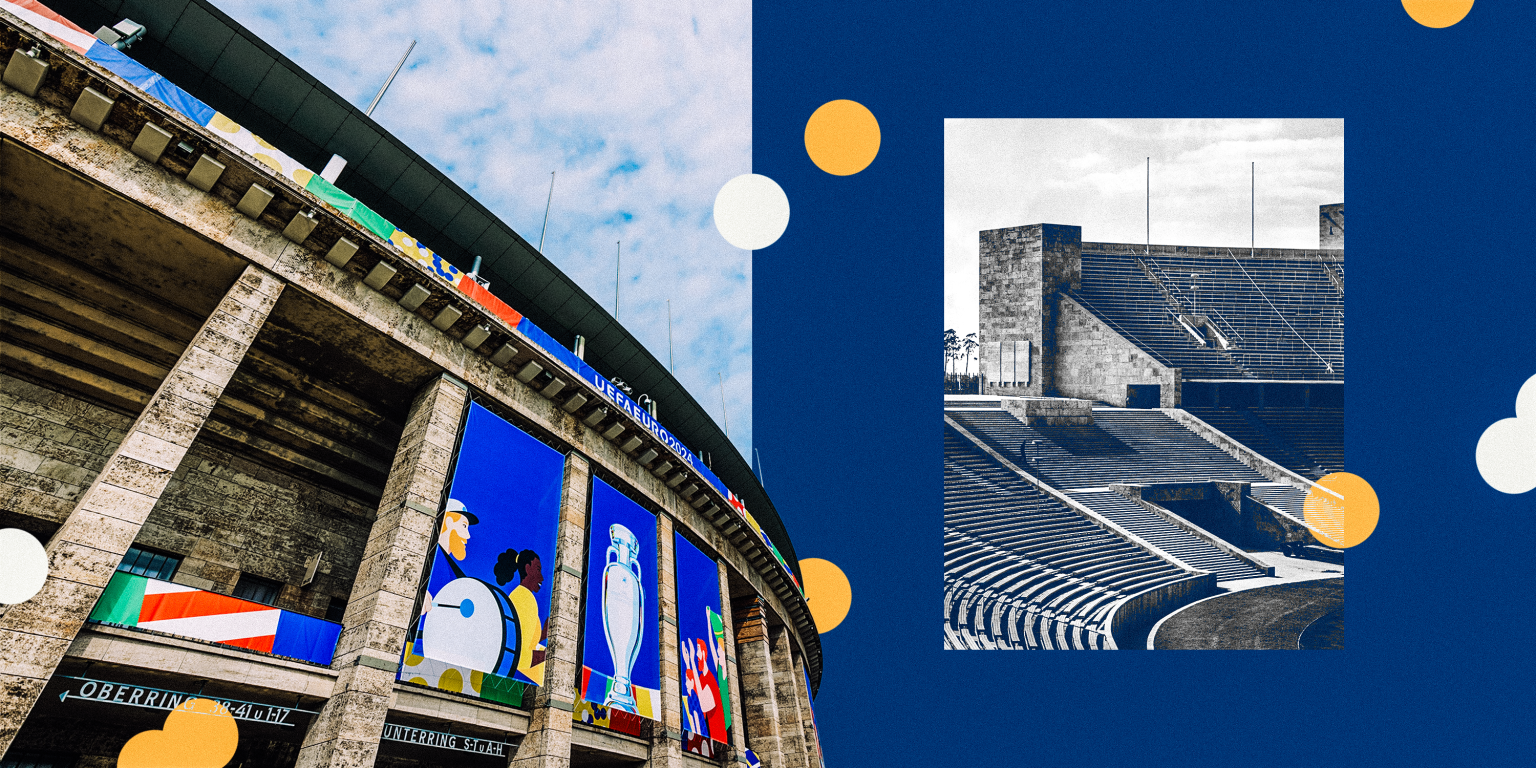The showpiece final of this summer’s European Championship will be held at the Olympiastadion in Berlin, a stadium with a dark history. Originally built and funded under Adolf Hitler’s regime, the venue has since been preserved and serves as a reminder of Germany’s past. The stadium, with its intimidating and magisterial architectural design, held significance as a Nazi shrine almost a century ago. Tour guides explain the vivid history of the stadium, detailing events such as the 1936 Olympics and Jesse Owens’ iconic performance in front of Hitler.
Despite its ominous history, the Olympiastadion has since become a multifunctional venue, hosting major sports events, music concerts, and political gatherings. The stadium has been renovated and updated over the years to meet modern standards. While it continues to evoke memories of Nazi Germany, it now serves as a symbol of resilience and historical reflection. The impact of past events, such as the 1936 Olympics, is still felt today, with stories of triumph and tragedy intertwined within its walls.
As a venue for international competitions, the Olympiastadion has witnessed sporting achievements and moments that have captured global attention. From Usain Bolt’s record-breaking performances to club football matches and concerts by music legends, the stadium remains a cultural hub. While its history is complex and layered, the stadium holds a significant place in the lives of Berliners and visitors alike. It stands as a tangible link to the past, prompting discussions about historical memory and the responsibilities of preserving heritage sites.
Over the years, efforts have been made to address the dark history of the Olympiastadion and educate the public about its significance. Museums, exhibitions, and guided tours provide insights into the stadium’s past, allowing visitors to understand the events that shaped its legacy. The transformation of the venue from a Nazi propaganda tool to a modern sports and entertainment complex reflects Germany’s commitment to confronting its history and promoting reconciliation.
Despite its troubling origins, the Olympiastadion continues to evolve and adapt to contemporary needs. As a symbol of resilience and transformation, the stadium embodies the complexities of history and the enduring importance of remembrance. Through various events and activities, the venue serves as a platform for dialogue, reflection, and understanding. While its past cannot be erased, the Olympiastadion represents a testament to Germany’s journey of reconciliation and reconstruction.
As the European Championship unfolds at the Olympiastadion, a new chapter will be written in the stadium’s history. With live coverage of matches and a diverse range of events taking place, the venue will once again capture the attention of a global audience. Amidst the excitement of sports and entertainment, the echoes of the past will remind spectators of the Olympiastadion’s complex legacy and the enduring lessons of history.


